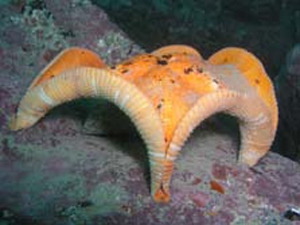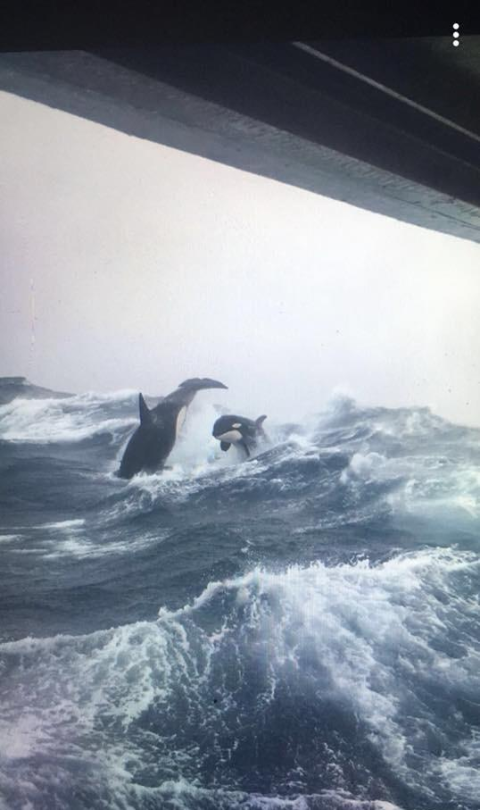so the megalodon is most definitely extinct? how do scientists know?
well, the thing about large predators is that they leave an impact on an ecosystem big enough that you can tell they’re there, even if you never observe one directly. in this case, we know they’re definitely extinct because of the behavior of whales! whales used to max out at about 50 ft long and were fast and agile, entirely because of predation by megalodon!
but about 2 million years ago, our whales began to rapidly increase in size until we ended up with real monsters like the blue whale. this pretty directly lines up with the extinction of megalodon, and the removal of the pressure they were putting on large whale populations.
basically, large whales can get away with being gigantic, slow tanks in the oceans today because there simply isn’t a predator big enough to take them on anymore. if megalodon still existed, we would be seeing its impact on whale populations! whales would be smaller, and a hell of a lot more skittish than they are.
everything in a given ecosystem is connected, and you can often get important information about the unknown parts by observing the behavior of other parts of the ecosystem.



